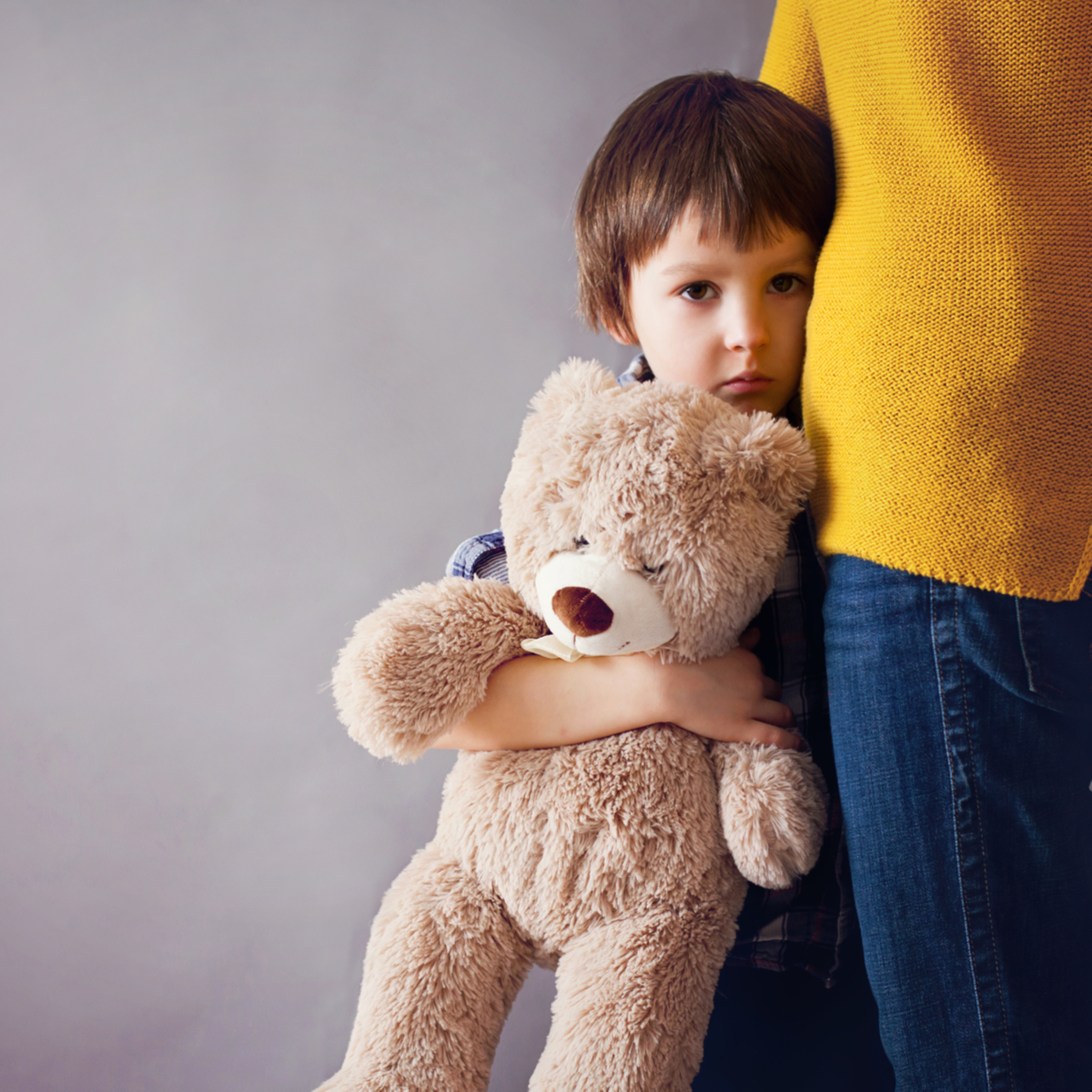Helping Children Grieve

My 3 ½ year old grandson recently said to my daughter that it was time to take Grandma Adda’s dog home because “She will be sad without Dude.’ This was several weeks after her death. That brings up the question, how do you explain death to a child?
A friend of mine had given me the children’s book, Badger’s Parting Gifts by Susan Varley, shortly after the death of my mother but I put off reading it, until I had three days of time off with my grandson. So I read it while he napped. When he awoke, he picked up the book from the basket and crawled into my chair with me and opened the book. During the weekend we read it several times and talked about how Grandma Adda had also grown old and tired.
The book is about an old and wise badger who had helped many friends and lived a good life but whose body has worn out. He prepared them for his death by telling them that he was ready to go down “the Long Tunnel, and he hoped they wouldn’t be too sad when it happened”. Of course it did happen and they were sad, until spring came. When spring began to arrive, they thought of all the things Badger had shared with them, all the gifts of his wisdom and experience, all of his guidance and time to show each one new ways of doing things: his parting gifts. And because of those gifts, they were able to begin to face life without him there, because each parting gift became “all the more special each time it was passed on to others”.
Books are an excellent way to walk through the journey of grief and this is only one of many available to help a child process dying. There are many questions children will ask (Why did Grandma die? Where is she now? Who will take care of me if you die? Am I going to die?) as a child begins to understand death and dying. How a parent handles those questions will determine how the child moves through this. The books can also be healing for the adult helping the child.
Children need to hear the truth; they actually will recognize if it isn’t the truth. And they may come back several times and ask questions, as they may also need time to consider the answers, just as adults do. And the questions will re-surface when someone else dies, when a pet dies, or upon any kind of loss when a child feels sad. And depending on religious and spiritual beliefs, sharing some things can wait until the child is ready to grasp abstract concepts.
As we allow ourselves time to grieve, we must also allow our children time to grieve, but it is also important to recognize that they may grieve for a shorter period of time, in a different way, and according to their needs. It is important to be prepared for this and to adjust our expectations accordingly.
If you have other books that are helpful in times of grief, feel free to share those, as they are a precious gift to help someone through a difficult time.
Tags: grief and children, helping children when they have loss, using books to help children with griefABOUT THE AUTHOR

Deb England
Licensed Independent Mental Health Practitioner
Licensed Professional Counselor
Advanced Clinical HypnoTherapist- Deb England began working part-time for Wholeness Healing Center in September 2004 and began full-time in May 2005. Deb practices primarily in the Broken Bow office and one day a week in the Grand Island office. Previously she had completed her practicum and internship at Morning Star Alliance, working in the Broken Bow and Grand Island offices.
LATEST ARTICLES BY Deb England
- Traffic Stop: Human Division, a Book Review
- The Shadow Effect: Illuminating the Hidden Power of your True Self, a Book Review
- Adjunct Modalities Round 3, Rocks, Gems, Crystals and More
- Adjunct Modalities: Round 2, Reiki Opportunities
- “Aging: not necessarily a goal but just what happens in life. Can’t change it. Can’t stop it. Can’t even prolong it.“
Subscribe today
Sign up to receive the latest mental health tips and inspiration